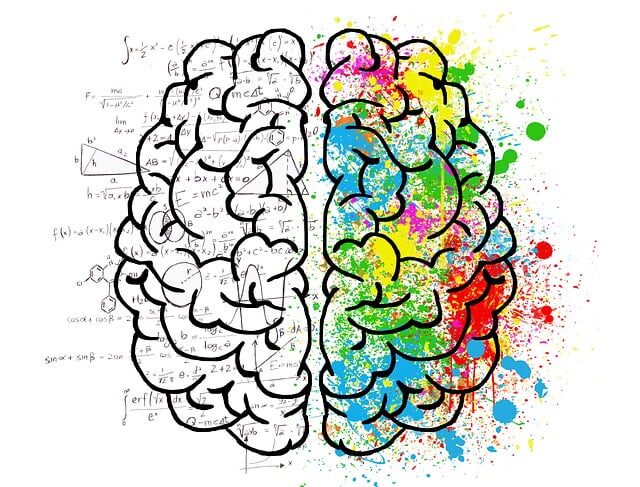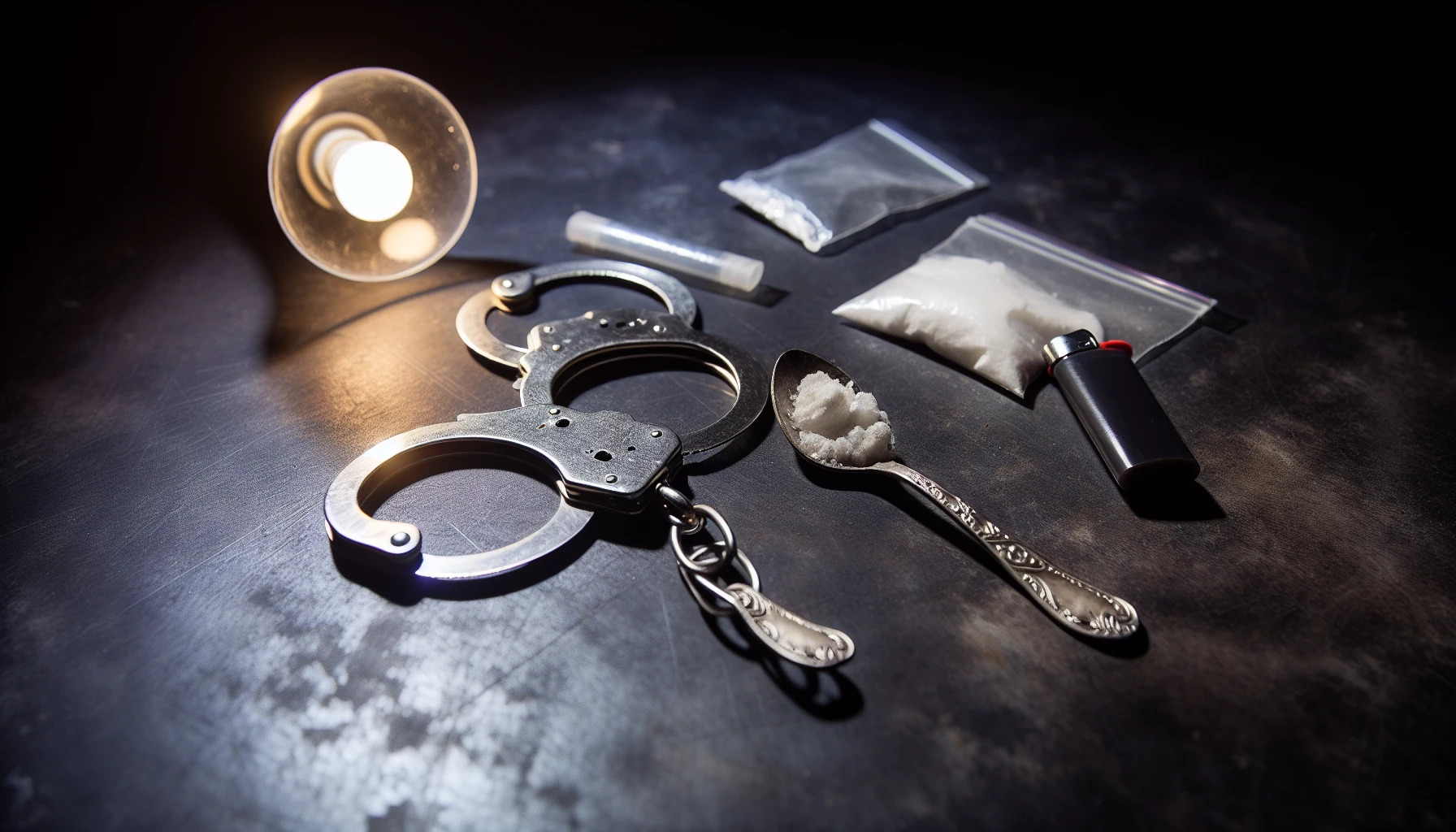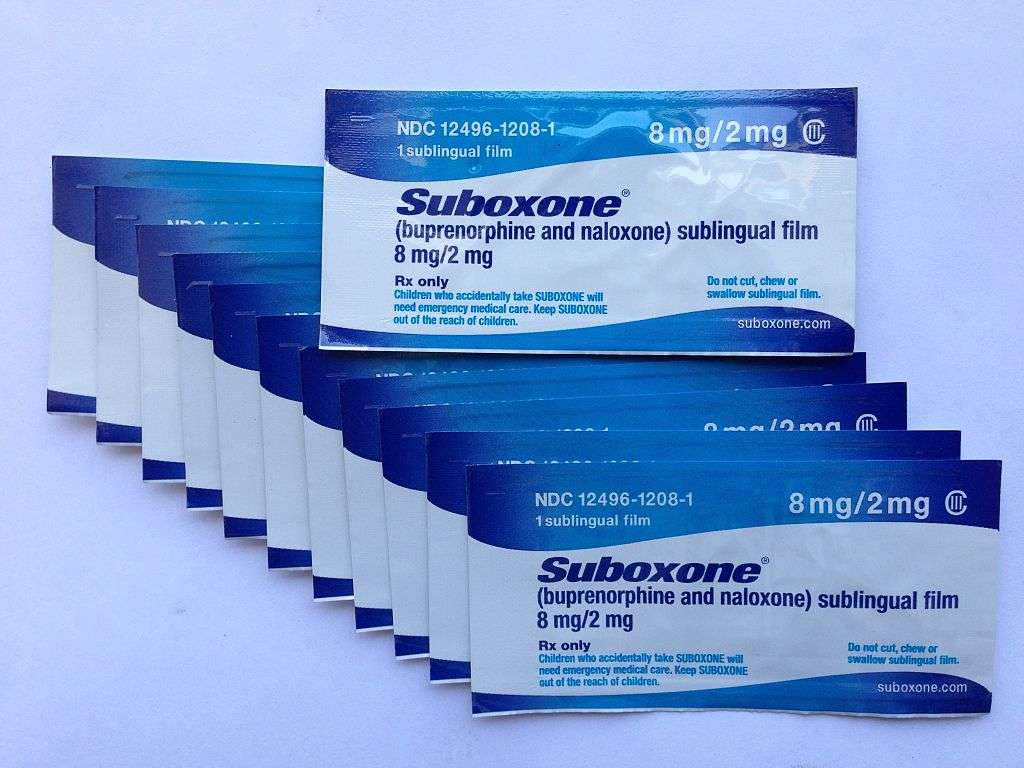As the world continues to face the opioid epidemic, it is important to understand the relationship between opioid addiction and anxiety disorder. Anxiety disorder is a mental health condition characterized by feelings of fear and worry, often to an excessive degree. Opioid addiction, on the other hand, is a physical and psychological dependence on opioids that can have devastating consequences for individuals and society as a whole.
Unfortunately, anxiety disorder and opioid addiction are often closely linked. People with anxiety disorder may be more likely to use opioids to self-medicate, while those who become addicted to opioids may develop anxiety disorder as a result of their addiction. This makes treating both conditions simultaneously crucial for long-term recovery.
In this article, we will explore the connection between anxiety disorder and opioid addiction and discuss how suboxone can be an effective treatment option for individuals struggling with both conditions. Individuals can achieve a better quality of life and improved overall health by addressing both mental health and addiction issues together.


Understanding Suboxone
In order to understand how Suboxone can help with anxiety disorder and opioid addiction, it is important to first understand what Suboxone is, how it works, and its benefits.
What is Suboxone
Suboxone is a prescription medication that is used to treat opioid addiction. It is a combination of two active ingredients, buprenorphine and naloxone, and is classified as a partial opioid agonist. This means that it works by partially activating the same receptors in the brain that opioids do, but not to the same extent. By doing so, it can help to reduce cravings and withdrawal symptoms in individuals who are addicted to opioids.
Suboxone is often used as part of medication-assisted treatment (MAT) for opioid addiction. MAT involves the use of medication in combination with counseling and other support services to help individuals overcome addiction. Suboxone can help to reduce withdrawal symptoms, cravings, and the risk of overdose in individuals with opioid addiction.
How Suboxone Works
Suboxone works by binding to the same receptors in the brain that opioids do, but it does not activate them to the same extent. This helps to reduce the symptoms of withdrawal and cravings that individuals experience when they stop using opioids. Additionally, the naloxone in Suboxone helps to prevent abuse of the medication by blocking the effects of other opioids if they are taken while on Suboxone.
Benefits of Using Suboxone
Suboxone has several benefits when it comes to treating opioid addiction and anxiety disorder. Here are some of the key benefits:
-
- Reduces Cravings – One of the main benefits of Suboxone is that it helps to reduce cravings for opioids. By binding to the same receptors in the brain as opioids, it can help to alleviate the withdrawal symptoms and cravings associated with opioid addiction.
- Decreases Risk of Relapse – Suboxone is also effective in reducing the risk of relapse. By reducing cravings, it can help individuals to stay on track with their recovery and avoid the temptation to use opioids again.
- Improved Mood – Another benefit of Suboxone is that it can help to improve mood. It works by increasing the levels of dopamine in the brain, which can help to alleviate symptoms of anxiety and depression.
- Fewer Side Effects – Compared to other medications used to treat opioid addiction, Suboxone has fewer side effects. This is because it has a lower risk of respiratory depression and other adverse effects associated with traditional opioids.
- Allows for Normal Functioning – Suboxone is a partial opioid agonist, which means that it produces milder effects than full opioid agonists like heroin or prescription painkillers. This allows individuals to function normally in their daily lives, without feeling drowsy or impaired.
Overall, Suboxone is a safe and effective medication for treating opioid addiction and anxiety disorder. Its unique properties make it an excellent choice for individuals who are looking for a medication-assisted treatment option that can help them to overcome their addiction and improve their mental health.
Suboxone for Anxiety Disorder
Anxiety disorder is a common mental health condition that affects millions of people worldwide. It can be debilitating and have a significant impact on an individual’s daily life. While there are various treatments available for anxiety disorder, including therapy and medication, some people may find relief with suboxone.
The Connection Between Suboxone and Anxiety Disorder
Suboxone is a medication that is commonly used to treat opioid addiction. However, it has also been found to be helpful in the treatment of anxiety disorder. The reason for this is because Suboxone contains buprenorphine and naloxone, which work together to alleviate the symptoms of opioid addiction. At the same time, buprenorphine can also help to alleviate the symptoms of anxiety disorder, such as panic attacks and generalized anxiety.
How Suboxone Can Help with Anxiety Disorder
Suboxone can help with anxiety disorder in several ways. Firstly, it can reduce the symptoms of anxiety, such as excessive worry, panic attacks, and irritability. It can also help to improve sleep, appetite, and concentration, which can all be affected by anxiety.
Secondly, suboxone can help with anxiety disorder by reducing the risk of relapse. Individuals with anxiety disorder may be more likely to abuse opioids or other substances to manage their symptoms. However, suboxone can help to reduce cravings and withdrawal symptoms, which can make it easier to stay sober and avoid relapse.
Research Studies on the Efficacy of Suboxone for Anxiety Disorder
There have been several research studies on the efficacy of suboxone for anxiety disorder. A study published in the Journal of Clinical Psychopharmacology found that suboxone was effective in reducing anxiety symptoms in patients with comorbid opioid dependence and anxiety disorder. Another study published in the Journal of Anxiety Disorders found that suboxone was effective in reducing anxiety symptoms and improving functioning in patients with anxiety disorder.
Suboxone can be an effective treatment option for those who are struggling with both anxiety disorder and opioid addiction. Its ability to alleviate the symptoms of anxiety disorder, stabilize the patient’s mood, and help them achieve a sense of calmness make it an ideal treatment option for those who are struggling with these conditions.
While more research is needed to fully understand the efficacy of suboxone for anxiety disorder, the existing studies suggest that it can be an effective treatment option for some individuals.
Suboxone for Opioid Addiction
Suboxone has gained popularity in the medical community as a viable treatment for opioid addiction. Opioid addiction is a chronic disease that affects millions of individuals worldwide. Opioids, including prescription pain relievers and heroin, can lead to physical dependence and addiction. Suboxone has proven to be an effective medication-assisted treatment for opioid addiction, offering patients a way to manage withdrawal symptoms and reduce cravings while working towards long-term recovery.
The Connection Between Suboxone and Opioid Addiction
Suboxone is a combination of buprenorphine and naloxone. Buprenorphine is a partial opioid agonist that can help reduce opioid cravings and withdrawal symptoms. Naloxone, on the other hand, is an opioid antagonist that can reverse the effects of opioids. Together, these two medications make suboxone a valuable tool for treating opioid addiction.
How Suboxone Can Help with Opioid Addiction
Suboxone is an effective medication-assisted treatment for opioid addiction because it can reduce the severity of withdrawal symptoms, minimize cravings, and help patients stay in treatment longer. Unlike other medications used to treat opioid addiction, such as methadone, suboxone can be prescribed in an outpatient setting, which makes it more accessible and convenient for patients. Suboxone can also be used as a maintenance medication to help patients manage their addiction over the long term.
Research Studies on the Efficacy of Suboxone for Opioid Addiction
Numerous studies have shown that suboxone is effective in treating opioid addiction. According to the Substance Abuse and Mental Health Services Administration (SAMHSA), suboxone is associated with improved retention rates in treatment programs, reduced illicit opioid use, and improved overall functioning. In one study, patients receiving suboxone treatment had a higher rate of opioid abstinence than those receiving a placebo. Another study found that patients treated with suboxone had a lower rate of relapse than those treated with methadone. These findings support the use of suboxone as a safe and effective treatment for opioid addiction.


Benefits of Suboxone for Dual Diagnosis
For individuals struggling with both anxiety disorder and opioid addiction, it can be challenging to find a treatment that effectively addresses both conditions simultaneously. Fortunately, Suboxone has been proven to be an effective treatment option for individuals with dual diagnosis, also known as co-occurring disorders.
Definition of Dual Diagnosis
Dual diagnosis, also known as co-occurring disorders, is a term used to describe individuals who have both a substance use disorder and a mental health disorder. It is estimated that around 50% of individuals with a substance use disorder also have a mental health disorder, and vice versa. Dual diagnosis can include a range of mental health disorders, such as anxiety, depression, bipolar disorder, or post-traumatic stress disorder (PTSD).
Why Suboxone is Effective for Dual Diagnosis
Suboxone is an effective treatment option for individuals with dual diagnosis as it addresses both the opioid addiction and the mental health disorder simultaneously. Suboxone contains buprenorphine, a medication that helps to manage opioid withdrawal symptoms and cravings, and naloxone, which helps to prevent misuse of the medication. Buprenorphine has also been shown to have a positive impact on mental health symptoms such as anxiety and depression. The medication can also help to reduce the risk of relapse, which is essential in the treatment of individuals with dual diagnosis.
Additionally, Suboxone is a safer treatment option for dual diagnosis patients as it has a lower risk of abuse and overdose compared to other medications used to treat opioid addiction.
Case Studies of Dual Diagnosis Patients Treated with Suboxone
Studies have shown that Suboxone can be effective for treating dual diagnosis patients. For example, a study published in the Journal of Addiction Medicine found that Suboxone treatment was associated with significant improvements in both substance use and mental health outcomes for patients with opioid use disorder and comorbid psychiatric conditions.
Another study published in the Journal of Dual Diagnosis found that Suboxone treatment was associated with a significant reduction in depression symptoms and an improvement in overall functioning for patients with co-occurring opioid use disorder and major depressive disorder.
Overall, Suboxone can be an effective treatment option for dual diagnosis patients, providing a safe and comprehensive approach to treating both substance use disorder and mental health disorders simultaneously.
Side Effects and Risks of Suboxone
Suboxone is a medication that is commonly used in the treatment of opioid addiction and anxiety disorder. While it can be an effective treatment option, it is important to be aware of the potential side effects and risks associated with its use.
Common Side Effects of Suboxone
Like any medication, Suboxone can cause side effects in some people. The most common side effects of Suboxone include:
-
- Nausea and vomiting
- Headache
- Sweating
- Insomnia
- Constipation
- Fatigue
- Dizziness
- Irregular heartbeat
It is important to note that not everyone will experience these side effects, and some people may experience no side effects at all. If you do experience any of these side effects, it is important to let your healthcare provider know so that they can work with you to manage them.
Risks Associated with Suboxone Use
While Suboxone can be an effective treatment for opioid addiction and anxiety disorder, there are some risks associated with its use. One of the main risks is the potential for addiction or dependence on Suboxone itself. This is why it is important to work closely with a healthcare provider when using Suboxone and to follow their recommendations for use.
Other risks associated with Suboxone use include:
-
- Respiratory depression
- Liver damage
- Allergic reactions
- Increased risk of falls and accidents
It is important to discuss any concerns you may have about the risks of Suboxone use with your healthcare provider.
How to Minimize Risks and Manage Side Effects
To minimize the risks associated with Suboxone use and manage any side effects that may occur, it is important to:
-
- Follow your healthcare provider’s instructions for use
- Take Suboxone only as prescribed
- Report any side effects to your healthcare provider
- Avoid drinking alcohol or using other drugs while taking Suboxone
- Be aware of the signs of respiratory depression, which can include slowed breathing, confusion, and dizziness
- Seek emergency medical attention if you experience any signs of an allergic reaction, such as difficulty breathing or swelling of the face, tongue, or throat
While Suboxone can be an effective treatment option for opioid addiction and anxiety disorder, it is important to be aware of the potential side effects and risks associated with its use. You can help minimize the risks and manage any side effects that may occur by working closely with your healthcare provider, following their recommendations for use, and being aware of the signs of potential problems.


Conclusion
If you or someone you know is struggling with anxiety disorder and opioid addiction, it is important to seek help. Dual diagnosis can be challenging to manage, but with proper care and treatment, recovery is possible. Suboxone can be an effective treatment option for individuals with dual diagnosis, and it is important to work with a healthcare provider to determine the best course of action.
Suboxone treatment can be a source of hope for individuals struggling with anxiety disorder and opioid addiction. With its unique mechanism of action and ability to treat both conditions simultaneously, Suboxone can help individuals achieve and maintain recovery. With the right care and support, individuals with dual diagnosis can look forward to a brighter future free from the burden of addiction and anxiety.
Interested to learn more? Read more related articles: Can Suboxone Help With Major Depression?
Sources:
https://www.ncbi.nlm.nih.gov/pmc/articles/PMC5559992/
https://www.brightviewhealth.com/latest-updates/anxiety-and-addiction/
https://www.bicyclehealth.com/suboxone-faq/does-suboxone-help-with-anxiety
https://www.bicyclehealth.com/suboxone-faq/what-anxiety-medication-is-safe-with-suboxone













